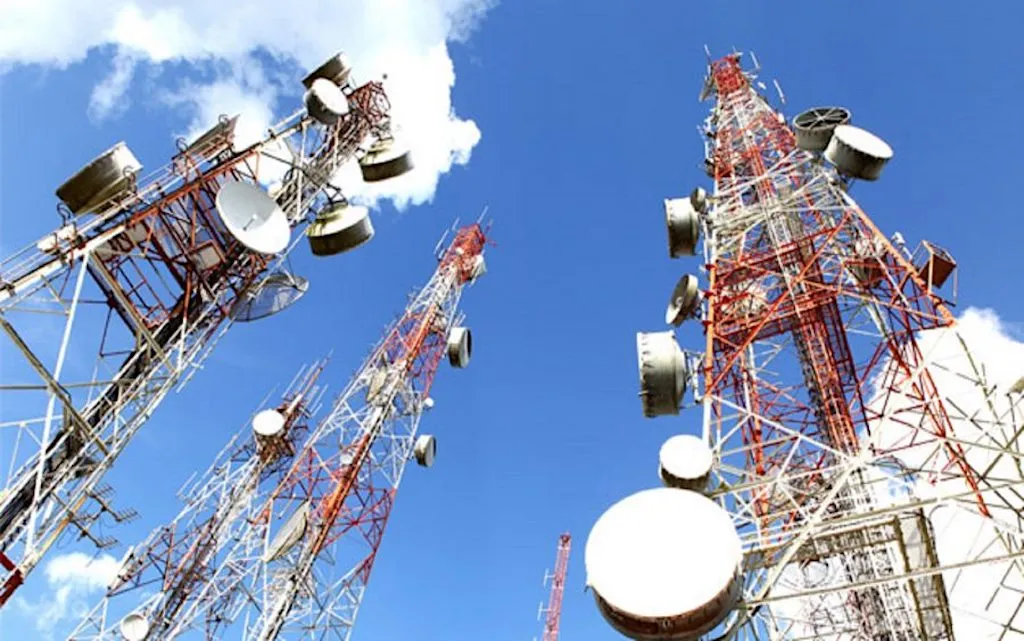The inflation rate for Nigeria’s communication sector dropped to 2.3 per cent year-on-year in November 2024, down from 2.5 per cent in October, according to the latest Composite Inflation Data released by the National Bureau of Statistics (NBS).
This marks a significant contrast to the broader economy, where the headline inflation rate surged to a 26-year high of 34.6 per cent in November, driven by rising costs across multiple sectors.
The general inflationary pressures have severely impacted food prices, housing, transportation, and utilities.
For instance, the Food and Non-Alcoholic Beverages sector recorded an annual inflation rate of 39.9 per cent, while Transport and Housing, Water, Electricity, Gas, and Fuel saw inflation at 30.5 per cent and 29 per cent, respectively.
In sharp contrast, the communication sector posted the lowest inflation rate among all industries, with month-on-month inflation at just 0.3 per cent.
Analysts attribute the telecom sector’s stable inflation to a prolonged regulatory price freeze, which has effectively prevented operators from raising tariffs despite escalating operational costs.
Industry stakeholders, however, argue that this situation is unsustainable and threatens the sector’s long-term health.
Gbenga Adebayo, Chairman of the Association of Licensed Telecom Operators of Nigeria (ALTON), has repeatedly warned that the sector cannot absorb rising costs indefinitely.
He emphasized, “The telecom industry remains the only sector that has not reviewed its prices in over 11 years, despite inflationary pressures and significant increases in energy, equipment, and operational expenses.”
READ ALSO: Nigerian telecoms investment plummets 87% amid industry challenges
In April 2024, ALTON and the Association of Telecommunication Companies of Nigeria (ATCON) jointly appealed for a shift to cost-reflective pricing, highlighting that the last industry-wide tariff adjustment occurred in 2013.
By May 2024, telecom operators further urged the government not to use the sector as a palliative measure for Nigeria’s economic challenges, noting that the industry’s margins were shrinking under regulatory restraints.
Analysts point to a controversial incident in October 2024, when Starlink received regulatory approval for a 97 per cent price hike for its subscription services.
Local operators accused the Nigerian Communications Commission (NCC) of double standards, as similar price adjustment requests by domestic telcos have consistently been denied.
“NCC’s stance appears to favor leveraging economies of scale over tariff adjustments,” noted telecom analyst Chuka Obi.
“While this works in theory, it places immense strain on operators who must absorb rising costs. Without price reviews, network investments and quality of service could deteriorate.”
The communication sector remains one of Nigeria’s largest industries, ranking third by size and contributing significantly to GDP.
Analysts suggest that the sector’s stable pricing has shielded consumers in the short term, but at a cost to operators’ profitability.
The telecom sector’s inflation rate of 2.3 per cent in November offers temporary relief for consumers amid surging inflation across other sectors. However, the regulatory price freeze continues to stoke tensions between operators and policymakers.

 Entertainment1 week ago
Entertainment1 week ago
 Entertainment5 days ago
Entertainment5 days ago
 Comments and Issues1 week ago
Comments and Issues1 week ago
 Comments and Issues1 week ago
Comments and Issues1 week ago
 Comments and Issues1 week ago
Comments and Issues1 week ago
 Health7 days ago
Health7 days ago
 Business1 week ago
Business1 week ago
 Health3 days ago
Health3 days ago

